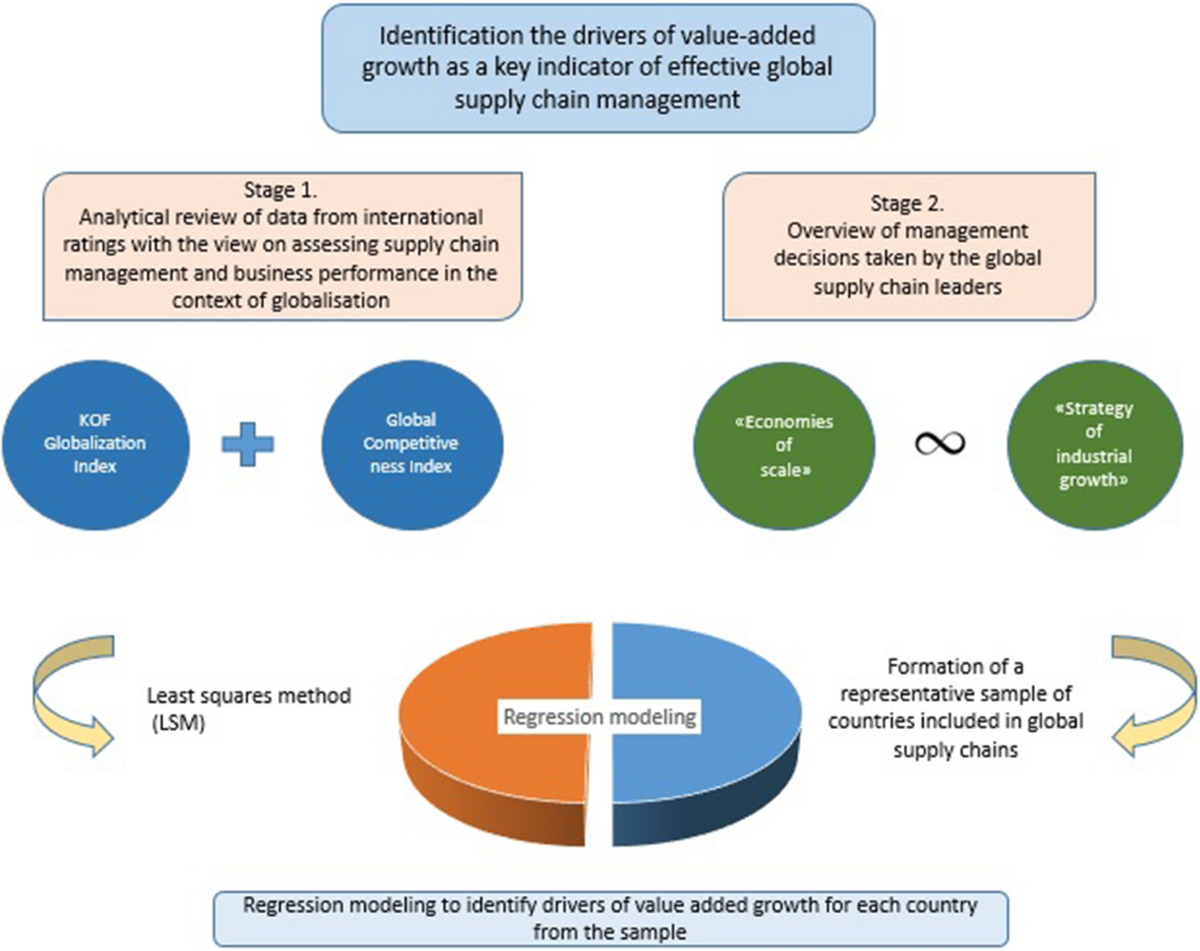From Local Trades to Global Networks
The evolution of modern supply chains has been a remarkable journey, transforming the industry from local trades to global networks. In the past, businesses relied on local suppliers and distributors to meet their needs. However, with the advent of globalization, supply chains have become increasingly interconnected on a global scale.
Globalization has opened up new opportunities for businesses to expand their reach and tap into markets around the world. This shift has led to the development of complex supply chain networks that span continents and connect suppliers, manufacturers, and retailers in a seamless flow of goods and services.
One of the key drivers of this transformation has been advances in technology. The rise of the internet and digital communication tools has revolutionized the way businesses operate, allowing for real-time visibility and communication across the supply chain. This has enabled companies to track shipments, monitor inventory levels, and coordinate with suppliers and distributors more effectively than ever before.
In addition to technology, changes in consumer behavior have also played a significant role in shaping modern supply chains. As consumers have become more demanding in terms of product variety, quality, and delivery speed, businesses have had to adapt to meet these changing expectations. This has led to a shift towards leaner, more agile supply chains that can respond quickly to fluctuations in demand and market trends.

Image Source: springernature.com
Furthermore, the globalization of supply chains has brought about a greater emphasis on sustainability and ethical sourcing. As businesses have expanded their operations to new markets, they have become increasingly aware of the impact of their supply chain activities on the environment and local communities. This has led to a growing trend towards responsible sourcing practices, such as fair trade certifications, environmentally friendly packaging, and ethical labor standards.
Overall, the evolution of modern supply chains from local trades to global networks has been a testament to the power of globalization in transforming the industry. By embracing change and adapting to new technologies, consumer preferences, and sustainability concerns, businesses have been able to create more efficient, transparent, and resilient supply chains that can thrive in the global marketplace.
Embracing Change: The Rise of Modern Supply Chains
The evolution of modern supply chains has been a fascinating journey, shaped by the forces of globalization and technological advancements. In the past, supply chains were simple and localized, with goods being produced and consumed within a limited geographic area. However, as trade barriers have fallen and communication technologies have advanced, supply chains have become increasingly complex and interconnected on a global scale.
One of the key drivers of this transformation has been the rise of e-commerce and digital technologies. The internet has made it easier for businesses to connect with suppliers and customers around the world, leading to the creation of vast global networks. Companies can now source materials from multiple countries, manufacture products in different locations, and sell them to customers in diverse markets.
This shift towards global supply chains has not only increased efficiency and reduced costs for businesses, but has also created new opportunities for growth and innovation. By tapping into a global pool of resources and talent, companies can access new markets, develop new products, and stay ahead of the competition.
Another important factor in the evolution of modern supply chains has been the adoption of supply chain management practices. In the past, supply chains were often seen as a cost to be minimized, with little strategic importance attached to them. However, as businesses have come to realize the impact that supply chains can have on their bottom line, they have started to invest in technologies and processes that can optimize their operations.
Today, companies are using advanced analytics, artificial intelligence, and blockchain technology to track and manage their supply chains in real time. This level of visibility allows them to identify potential bottlenecks, predict demand fluctuations, and make informed decisions that can improve efficiency and reduce risk.
The rise of sustainability and ethical sourcing practices has also had a significant impact on modern supply chains. Consumers are becoming increasingly conscious of the environmental and social impact of the products they buy, leading companies to rethink their sourcing and production processes. From using renewable energy sources to reducing waste and promoting fair labor practices, businesses are finding ways to create more sustainable and responsible supply chains.
Overall, the evolution of modern supply chains has been driven by a combination of technological, economic, and social factors. As businesses continue to embrace change and adapt to the demands of a globalized world, the industry is likely to see further innovation and disruption in the years to come. By staying agile, collaborative, and forward-thinking, companies can navigate the complexities of modern supply chains and thrive in an increasingly interconnected world.
The Impact of Globalization on Modern Supply Chains